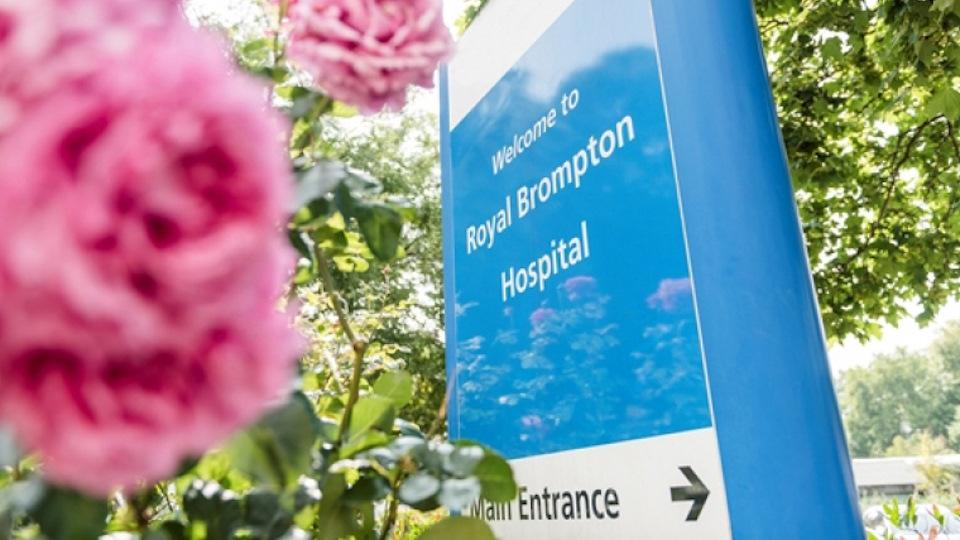Urgent plea for type O blood after London cyberattack

An appeal has been launched for blood donors across England to come forward in the wake of the cyberattack which has disrupted hospitals and GP practices in London, now thought to be the work of a Russian criminal network.
NHS Blood and Transplant is asking eligible people with type O blood to come forward so there are plentiful supplies while the ransomware attack is resolved.
Type O blood, either negative or positive, can be widely used for transfusions. Around 8% of the UK population is O-negative and 35% O-positive.
O-negative in particular is desired because it can be given to just about any recipient and is known as the universal donor blood, while O-positive is usable in around three-quarters of patients – anyone who also has a positive blood type.
The cyberattack on pathology services provider Synnovis has impaired the ability of the affected hospitals to carry out crossmatching tests to make sure that donated blood is safe for patients to receive. The crossmatch is used to detect the presence of antibodies in the recipient against the red blood cells of the donor.
That process requires two separate tests, a belt-and-braces approach to make sure the recipient does not receive an unmatched donation that could lead to serious consequences.
With IT and other systems currently compromised by the ransomware attack, hospitals are now forced to use a manual testing approach that is slower and more cumbersome, contributing to the delays in treatment. A ready supply of type O blood will help patients get care more quickly, according to the NHS.
The attack a week ago has impacted patient care at Guy’s and St Thomas’ and King’s College Hospital NHS Foundation Trusts, as well as GP services in southeast London, by disconnecting the hospitals from servers operated by Synnovis. The Royal Brompton and the Evelina London Children’s Hospital were affected along with GP services in Bexley, Greenwich, Lewisham, Bramley, Southwark and Lambeth.
The incident led to the postponement of non-emergency patient care and the transfer of operations requiring blood transfusion to other unaffected hospitals.
Qilin (also known as Agenda), a Russian cybercriminal organisation that has been involved in a string of other ransomware incidents in the last couple of years, is believed to have been behind the London attack.
Former National Cyber Security Centre chief executive Ciaran Martin told the BBC last week that it was financially motivated and follows a “double extortion” tactic of encrypting data and threatening to publish it if a ransom is not paid.
Other cyberattacks have been levelled at NHS targets over the past year, including a data breach affecting Barts Health NHS Trust last July – which has been attributed to the ALPHV/BlackCat network – and a ransomware raid on NHS Dumfries and Galloway by INC Ransom earlier this year, according to an SC Media report.












